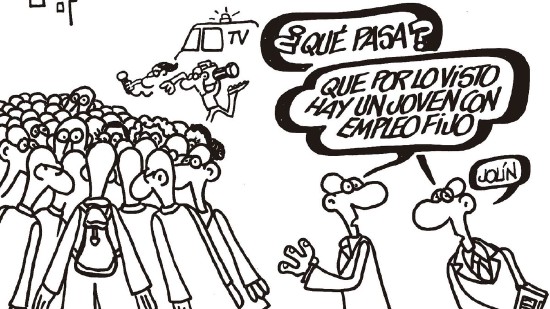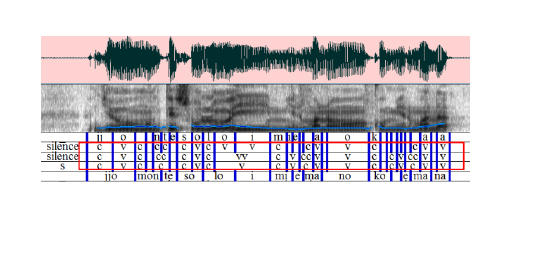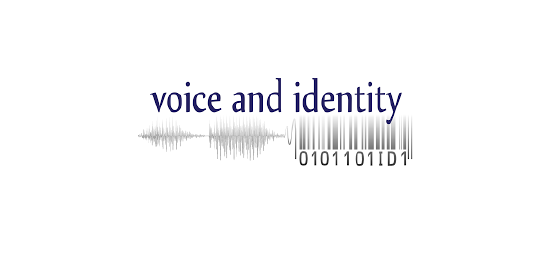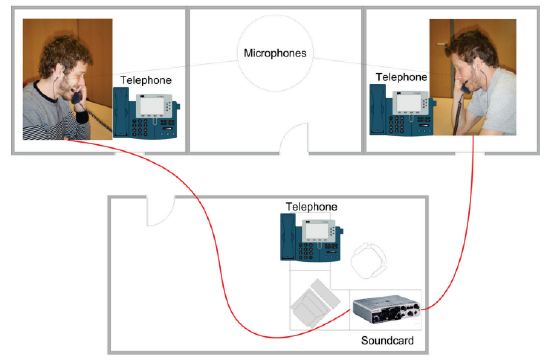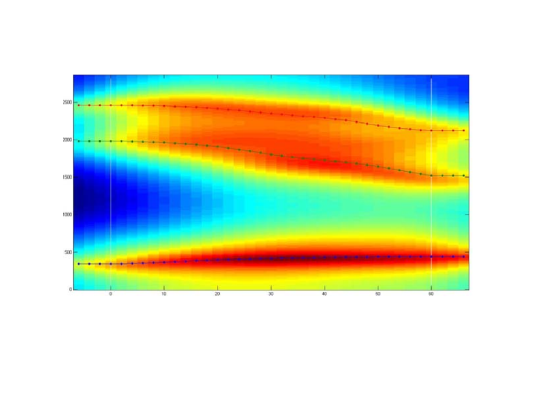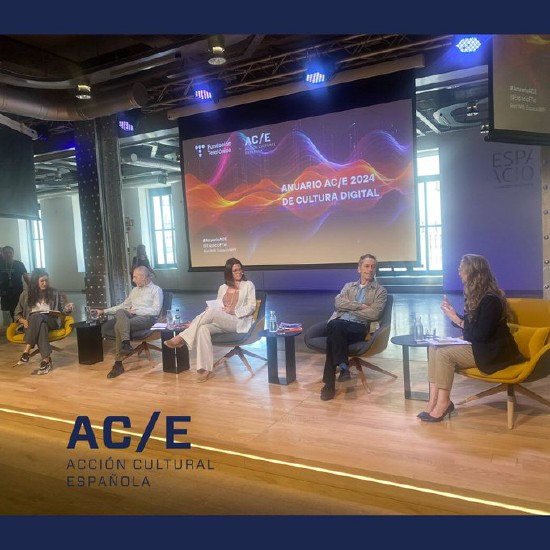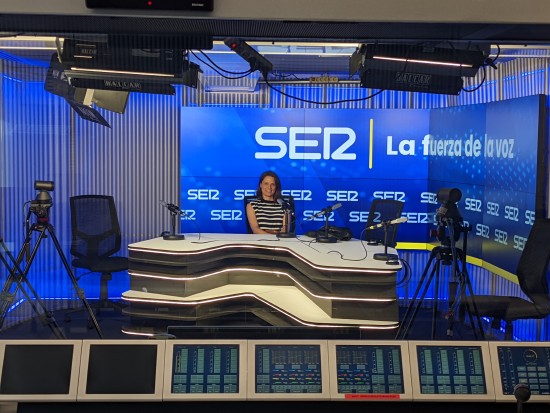Dr. Eugenia San Segundo
Tenured Scientist at CSIC Madrid
About me
I am Tenured Scientist in Experimental and Applied Phonetics at CSIC, and director of the Phonetics Laboratory (CSIC). I also lead the research project How deepfake is your voice? Understanding the linguistic foundations of deepfakes, and I am the editor-in-chief of the journal Loquens.
Research trajectory
Internationalization
I have completed two research stays in renowned phonetics labs: 3 months at the University of Marburg (2012) and 3 months at the University of Zurich (2017). In Marburg, I developed an important section of my dissertation: the analysis of twins’ voices using an ASR system. In Zurich (funded by the Swiss National Science Foundation), I produced important scientific contributions related to prosody. Besides, I have been member of the International Association for Forensic Phonetics and Acoustics since 2010, I have organized twice its annual conference and won twice its annual call for pilot research projects: in 2011, to study the voices of twins; in 2016, to investigate voice quality practices. In addition, I have given around 20 invited talks in 10 different countries.
Outreach and knowledge transfer
I helped organizing around 15 activities while I was a PhD candidate at the CSIC Phonetics Laboratory, including the 2012 Week of Science and the interview for the popular science magazine QUO (2013). More recently, I organized an activity in the 2021 Week of Science, participated in a radio show at La Ventana, Cadena SER (April 2022) and in a roundtable about fake news and misinformation, organized by the Agencia Estatal de Investigación (November 2023). Four of my publications, including my thesis, are mentioned in the Best Practice Manual for the Methodology of Forensic Speaker Comparison published by the European Network of Forensic Sciences Institute.
Industry
I worked as linguistic consultant (2018-20) at the technological company Defined.ai, in several projects aimed at improving the quality of machine learning systems, which led to the signature of a transfer contract (“Artículo 83”) with UNED from 2021 to 2023.
Interests
- Applied Linguistics
- Experimental Phonetics
- Forensic Phonetics
- Clinical Phonetics
- Sociolinguistics
- Computational Linguistics
Education
-
PhD in Speech Sciences, 2014
Spanish National Research Council (CSIC), Madrid, Spain
-
MSc in Quantitative Research Methodology & Statistics Techniques, 2010
Statistics Laboratory, Higher Technical School of Industrial Engineering, Polytechnical University of Madrid, Spain
-
MA in Phonetics & Phonology, 2009
Spanish National Research Council (CSIC), Madrid, Spain
-
BA in Hispanic Studies, 2008
University of Salamanca, Spain
-
BA in English Studies, 2007
University of Salamanca, Spain
